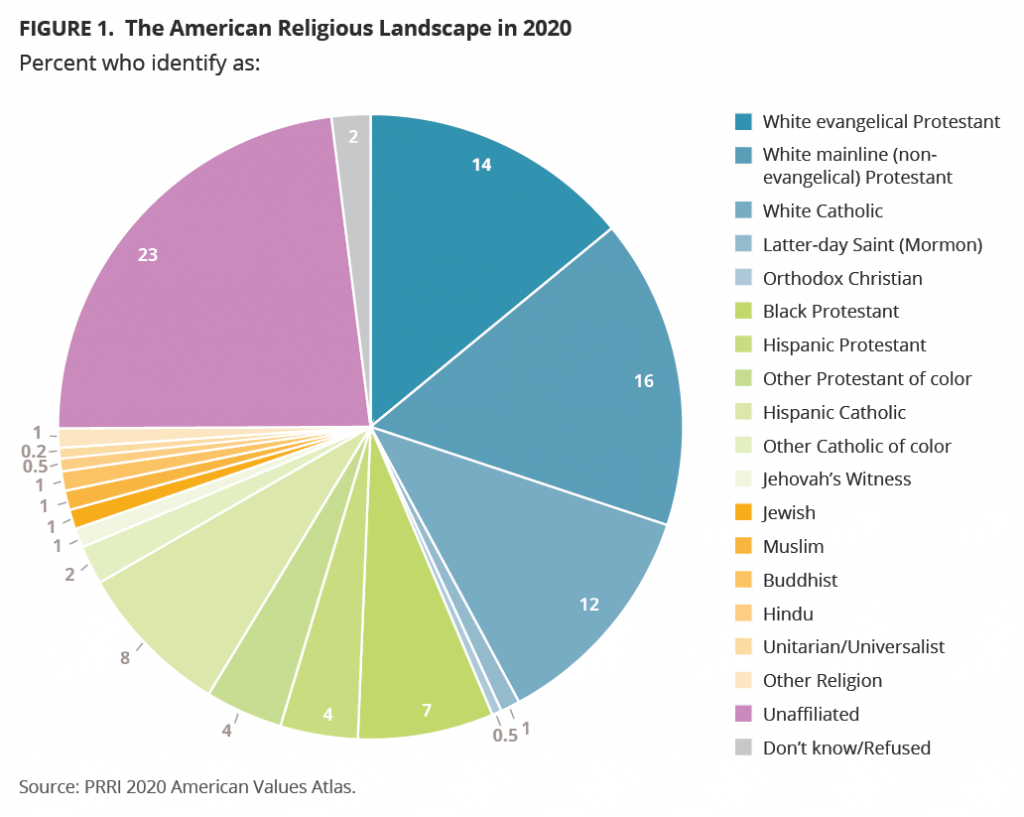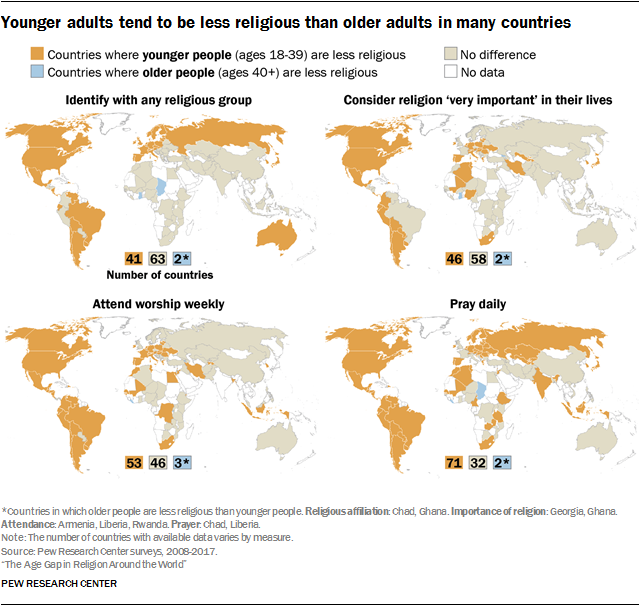Religion and Spirituality and the Elderly
Why it’s important
As we age, our priorities shift, and our perspective on life undergoes significant transformations. For many older adults, spirituality becomes a profound and meaningful aspect of their lives. It offers solace, purpose, and a connection to something greater than themselves. In this blog post, we delve into the topic of spirituality and its importance for the elderly. We explore how spirituality can enhance their overall well-being and provide a sense of fulfillment during the later stages of life.
Religion holds significant importance for many elderly individuals, offering a sense of belonging, purpose, and comfort during the later stages of life. Here are some reasons why religion is important to the elderly:
- Sense of Identity and Belonging: Religion often provides a strong sense of identity and belonging. It connects individuals to a community of like-minded believers who share similar values, beliefs, and traditions. For the elderly, being part of a religious community can offer a sense of social support, companionship, and a feeling of being connected to something larger than themselves.
- Meaning and Purpose: Religion offers a framework for understanding the purpose of life and the world. It provides answers to existential questions and offers guidance on how to live a moral and fulfilling life. For the elderly, who may be reflecting on their life’s accomplishments and seeking meaning in their experiences, religion can provide a sense of purpose and direction.
- Rituals and Traditions: Religious rituals and traditions provide a sense of continuity and stability. Participating in familiar religious practices, such as attending worship services, observing holidays, or engaging in prayer, can bring comfort and a sense of familiarity to the elderly. These rituals can also serve as a way to connect with their cultural heritage and pass down traditions to future generations.
- Coping with Loss and Mortality: Aging often involves facing the loss of loved ones and contemplating one’s own mortality. Religion can provide solace and comfort during times of grief and loss. Beliefs in an afterlife or the idea of reuniting with loved ones in a spiritual realm can bring hope and alleviate the fear of death for many elderly individuals.
- Moral and Ethical Guidance: Religion often provides a moral and ethical framework for individuals to navigate life’s challenges. It offers guidance on issues of right and wrong, forgiveness, compassion, and the importance of virtues. For the elderly, who may be reflecting on their past actions and seeking forgiveness or reconciliation, religion can offer a path towards spiritual growth, self-reflection, and a sense of moral accountability.
- Sense of Transcendence: Many religious traditions offer a pathway to transcendence and spiritual experiences. Engaging in prayer, meditation, or contemplative practices can help the elderly connect with something greater than themselves and experience moments of transcendence or inner peace. These experiences can provide a sense of spiritual nourishment and a deeper connection with the divine.
Religion and spirituality are distinct yet interconnected concepts. Religion typically refers to organized systems of beliefs, practices, and rituals that are shared by a community. It often involves adherence to specific doctrines, the worship of deities, and participation in religious institutions. Spirituality, on the other hand, is a more personal and individualized experience of seeking meaning, purpose, and connection with the divine or transcendent. It transcends religious boundaries and can encompass a broader range of beliefs, practices, and experiences that foster a deep sense of inner peace, self-discovery, and connection to something greater than oneself.
Finding Transcendence and Inner Peace:
In the later stages of life, individuals may face existential questions related to mortality and the meaning of life. Spirituality provides a framework to explore these profound concepts and seek transcendence beyond the physical realm. It offers an avenue for individuals to connect with something greater than themselves, fostering inner peace, and a sense of harmony with the universe.
Embracing Spirituality in Later Life:
Reflect on Personal Beliefs:
Encourage the elderly to reflect on their personal beliefs and explore what spirituality means to them. This introspective journey can involve revisiting religious traditions, exploring new spiritual practices, or embracing a more individualized approach.
Foster Open Dialogue:
Create a safe and non-judgmental space where older adults can discuss their spiritual beliefs, doubts, and experiences. Engaging in open dialogue can help them explore their thoughts and find support in their spiritual journey.
Provide Access to Resources:
Ensure that the elderly have access to resources that align with their spiritual interests. This may include connecting them with religious communities, meditation groups, or spiritual literature. Technology can also play a role by providing access to virtual spiritual gatherings or online resources.
Encourage Mindfulness and Meditation:
Promote the practice of mindfulness and meditation, which can enhance spiritual well-being. These practices cultivate awareness, gratitude, and a User
It is important to note that while religion can be significant for many elderly individuals, spirituality and the expression of religious beliefs are deeply personal. As we age, our priorities shift, and our perspective on life undergoes significant transformations. For many older adults, spirituality becomes a profound and meaningful aspect of their lives. It offers solace, purpose, and a connection to something greater than themselves. Spirituality can enhance your overall well-being and provide a sense of fulfillment during the later stages of life.
Statistics
Who Believes What
The United States is a melting pot mix of people and religions. Here is a census breakdown of what are the most popular religions. Below is an infographic showing that older people are usually more religious than young people in many countries..





